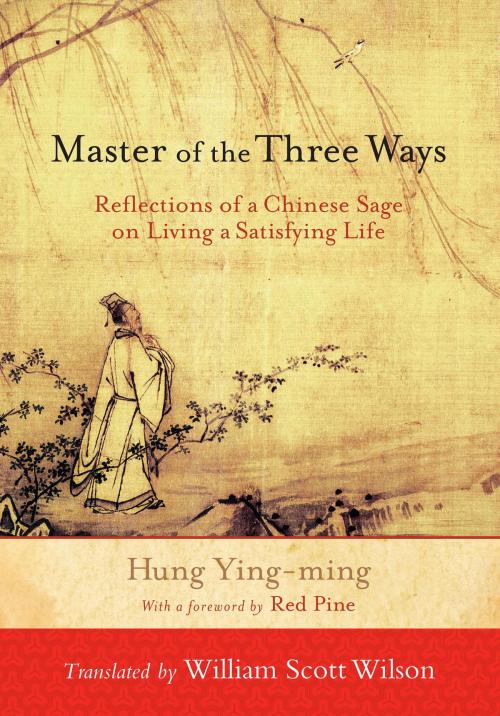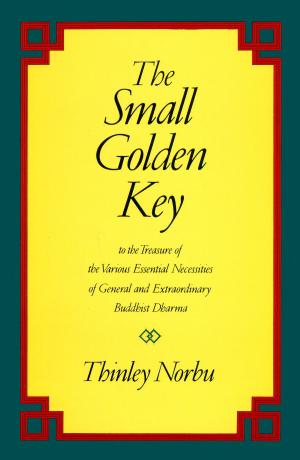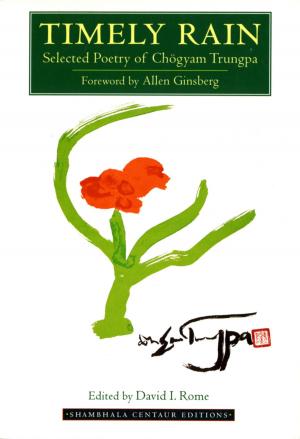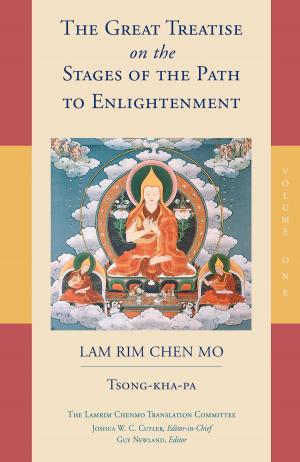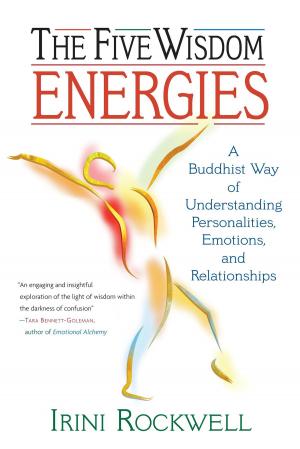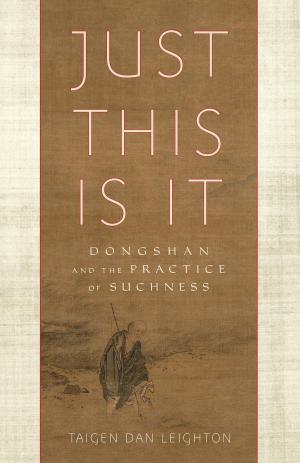Master of the Three Ways
Reflections of a Chinese Sage on Living a Satisfying Life
Nonfiction, Religion & Spirituality, Eastern Religions, Taoism, Zen Buddhism, Philosophy, Eastern| Author: | Hung Ying-Ming | ISBN: | 9780834827882 |
| Publisher: | Shambhala | Publication: | May 15, 2012 |
| Imprint: | Shambhala | Language: | English |
| Author: | Hung Ying-Ming |
| ISBN: | 9780834827882 |
| Publisher: | Shambhala |
| Publication: | May 15, 2012 |
| Imprint: | Shambhala |
| Language: | English |
At once profound, spiritual, and witty, Master of the Three Ways is a remarkable work about human nature, the essence of life, and how to live simply and with awareness. In three hundred and fifty-seven verses, the author, Hung Ying-ming—a seventeenth-century Chinese sage—explores good and evil, honesty and deception, wisdom and foolishness, and heaven and hell. He draws from the wisdom of the "Three Creeds"—Taoism, Confucianism, and Zen Buddhism—to impress upon us that by combining simple elegance with the ordinary, we can make our lives artistic and poetic. This sense, along with a particular understanding of Zen that makes art from the simple in everyday life, has permeated Chinese and Japanese culture to this day.
The work is divided into two books. The first generally deals with the art of living in society and the second is concerned with man's solitude and contemplations of nature. These themes repeatedly spill over into each other, creating multiple levels of meaning.
At once profound, spiritual, and witty, Master of the Three Ways is a remarkable work about human nature, the essence of life, and how to live simply and with awareness. In three hundred and fifty-seven verses, the author, Hung Ying-ming—a seventeenth-century Chinese sage—explores good and evil, honesty and deception, wisdom and foolishness, and heaven and hell. He draws from the wisdom of the "Three Creeds"—Taoism, Confucianism, and Zen Buddhism—to impress upon us that by combining simple elegance with the ordinary, we can make our lives artistic and poetic. This sense, along with a particular understanding of Zen that makes art from the simple in everyday life, has permeated Chinese and Japanese culture to this day.
The work is divided into two books. The first generally deals with the art of living in society and the second is concerned with man's solitude and contemplations of nature. These themes repeatedly spill over into each other, creating multiple levels of meaning.
